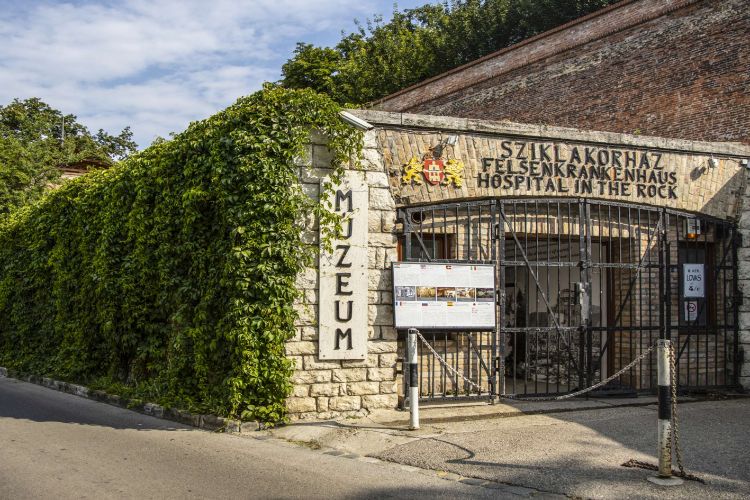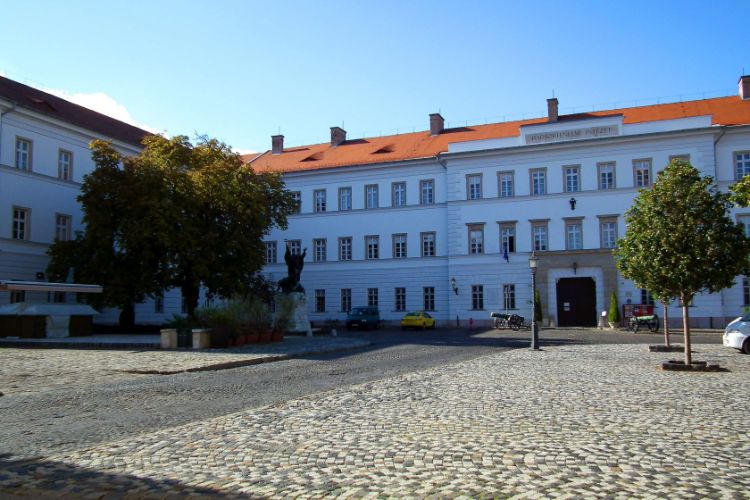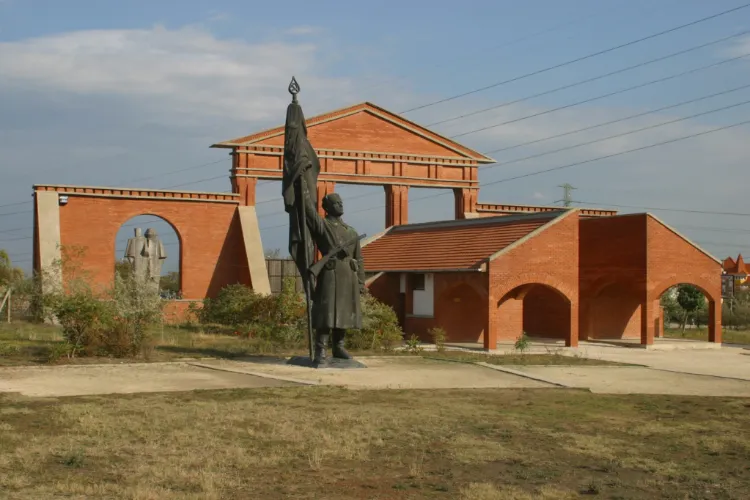Are you interested in military history? These are the must-visit war museums in Hungary:

Hospital in the Rock Nuclear Bunker Museum
BudapestThe Hospital in the Rock in Budapest is a hospital-turned-memorial that serves as a grim reminder of the horrors of the war and of the suffering it brings upon the people. It was first opened in 1944 to serve as a hospital for wounded Hungarian civilians who were injured during airstrikes and, event
House of Terror Museum
BudapestThe House of Terror Museum is a museum in Budapest that documents the grim legacy of the fascist and communist regimes, which have plundered Hungary in the past. It also serves as a memorial to the victims of these regimes, including the unfortunate souls, who lost their lives within the building it
Museum of Military History
BudapestThe Military History Museum (Museum of Military History) is a museum in Budapest that holds and displays a collection of historical weapons, uniforms, flags, maps and objects from the time of the Turkish wars, from the 16th century to the modern age. The museum's weapons collection alone now contain
Memento Park Budapest
BudapestMemento Park is the first thematic museum made of political propaganda statues and established after the fall of Central European communist dictatorships in 1989-90. Statue Park is home to 41 statues and memorials from the streets of Budapest. The Most Cheerful Barrack houses three photo exhibitions- 5
Police Museum
BudapestThe Police Museum in Budapest was opened in 1908 under the name of the Criminal Museum. The collection counted nearly 10,000 objects by the 1940s. A lot of the collection unfortunately got completely destroyed during World War II. In 1999 the museum was opened with a new name, new collection and was